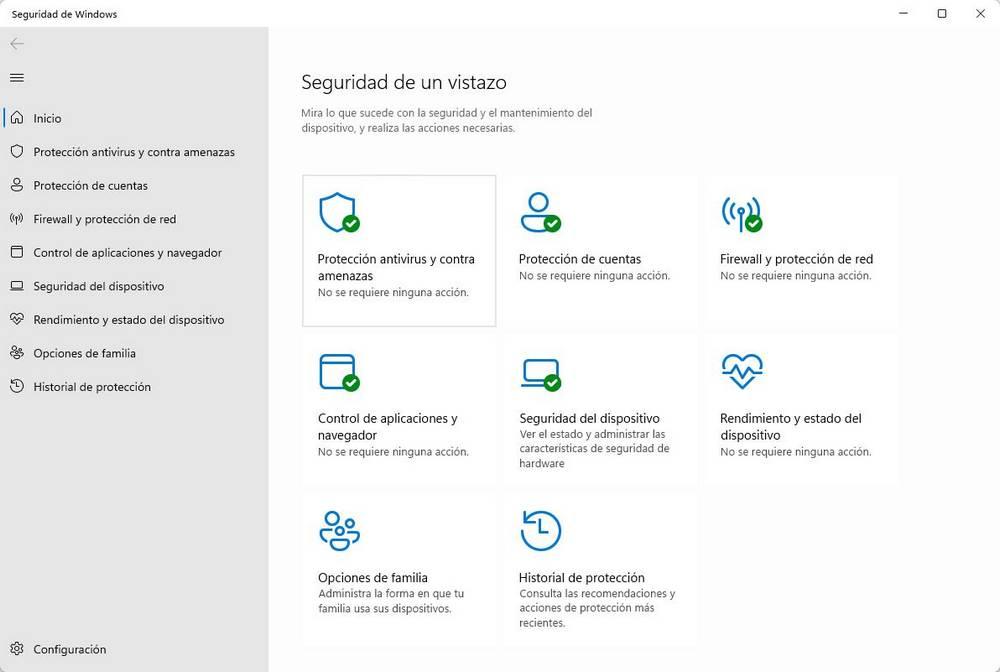He antivirus It is essential if we want to be safe when we connect to the Internet. The Internet is full of threats that wait for the slightest opportunity, or the slightest mistake, to attack and put us in danger. Therefore, we should all have security software in charge of detecting and blocking all these threats. The problem is that, if we choose it wrong, our computer will not only not be safe, but it will even work much worse than it should.
Although thanks to the cloud all, or almost all, antiviruses share a database, not all engines are the same. There are antiviruses that have a much more refined engine than others, or less strict, which makes the computer’s performance better or worse, depending on each case.
Testing PC performance and how each antivirus affects it, one by one, is very complicated. Luckily, there is an organization, called AV Comparativeswhich is responsible for testing the main security programs on the market to help us find out which one is better, or worse, for our computer.
After seeing the most and least secure antiviruses for 2024 a few weeks ago, today this same platform brings us new tests with those that most, or least, affect the performance of the computer. Let’s see them.
The fastest antivirus
AV Comparatives tests antiviruses on identical computers in the same situations so that the results are as reliable as possible. Thanks to this, the organization has obtained the following results:
As we can see, there are two clear winners: McAfee, as the fastest, followed by Kaspersky in second place. The difference between second and third is almost double (4 impact points out of 8), occupying ESET third place and followed by 6 other antiviruses that, more or less, maintain an impact of between 9.2 and 9.9. These are AVG, AVAST, Avira, Panda, Bitdefender and Quick Heal.
While the performance of the first three is exceptional, where the others fail the most is, above all, when installing and opening programs. It is true that, up to this point, on a high-end computer we will barely notice the impact. But, if we continue down the list, the data is a little more worrying.
The slowest security programs
Passing the threshold of 10 points of impact on performance, we find other security programs that seriously affect PC performance. For example, Trend Micro, Norton and Microsoft Defender They remain between 10 and 15 impact points.

It’s curious to see how Microsoft Defender, to come installed as standard in Windows and be, in theory, optimized for it, gets such a bad performance grade. Where the PC slows down the most is when archiving/unarchiving files, as well as when installing new applications on the PC. In the rest of the tests, the performance obtained is in line with the average of the others.
And finally, we find the worst antivirus in terms of performance. We talk about TotalAV, G Data, F-Secureand the worst of all: Total Defense. The impact of these last 4 antiviruses on the list ranges from 17.2 points on performance impact to 30.4 in the last one. And, although they have good threat detection rates (which, if we look at the latest security tests, do not stand out particularly well either), we do not recommend installing them.